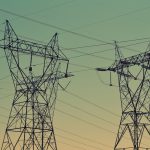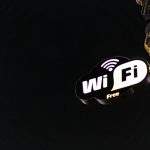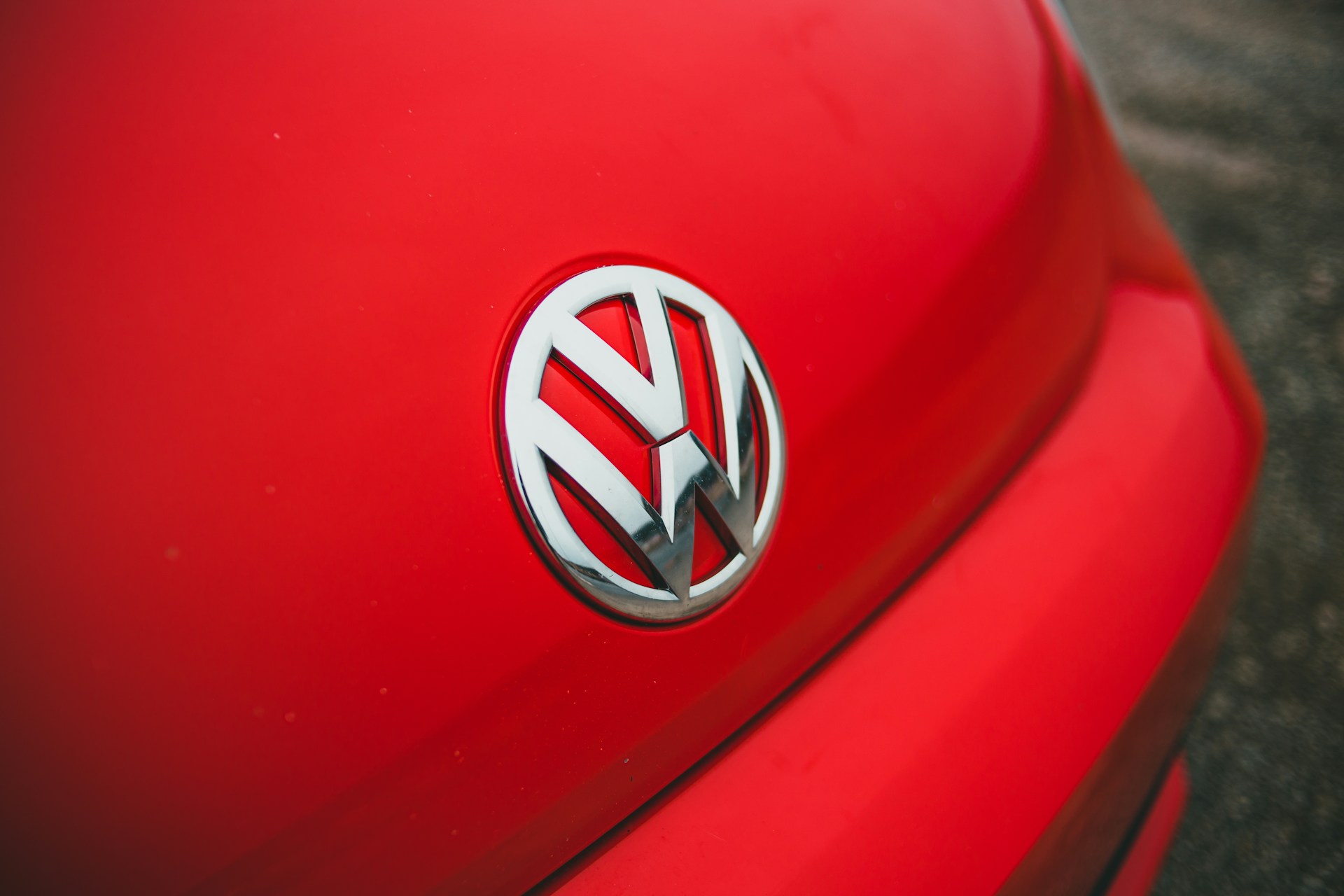Volkswagen declined to comment on the report, with a spokesperson telling Reuters that the company does not address “such speculations.”
As part of a cost-cutting initiative aimed at optimizing its German operations, Volkswagen is evaluating alternative uses for its Dresden and Osnabrück plants. The automaker, which owns iconic brands like Porsche, Audi, and Skoda, has faced revenue declines amid increasing competition from Chinese manufacturers.
In December, Volkswagen announced that the Osnabrück facility would continue producing the T-Roc convertible until late summer 2027, extending its original timeline. However, the plant’s long-term future, which currently employs around 2,300 people, remains uncertain, with a sale being a possibility. Industry insiders suggest that selling the plant could bring in several hundred million euros, making it a more favorable option for Volkswagen than shutting down the facility outright.
Volkswagen’s Renewable Energy Expansion Persists Despite Slowing EV Demand
Despite sluggish demand for electric vehicles (EVs) in recent months, Volkswagen continues to invest in wind and solar energy projects. Andreas Walingen, Chief Strategist for VW’s core brand, stated, “In tandem with the ongoing sales of our ID. models, we plan to expand our involvement in renewable energy annually.” While Volkswagen did not disclose specific details about new projects or targets, the company emphasized that these plans depend on the future demand for EVs.
Back in 2020, Volkswagen pledged to invest €40 million in wind and solar parks across Europe by 2025. The company collaborates with local energy providers to implement these projects, with the first initiative—a partnership with RWE—going online in late 2021. Currently, 26 renewable energy facilities are operational in nine European countries, including eight wind farms and 18 solar parks, according to Walingen.
Powering 300,000 Households
Volkswagen’s renewable energy efforts aim to achieve a net-zero carbon footprint for the operation of its electric vehicles. Walingen explained that the large-scale expansion of wind and solar farms is designed to offset the electricity consumption of VW’s EVs still relying on conventional power grids.
In 2023, the company successfully achieved this objective, with its renewable energy facilities contributing 1.1 terawatt-hours of electricity to the grid. This output is equivalent to the annual power consumption of approximately 300,000 households or the energy needs of all VW ID. models currently on European roads that are not yet charged with entirely green electricity.
Volkswagen Shares Edge Higher
On Thursday, Volkswagen’s preferred shares rose by 0.24%, trading at €93.56 on the XETRA exchange. This slight uptick follows ongoing reports about the company’s initiatives and strategic adjustments, reflecting investor optimism about Volkswagen’s direction.
 TransDigm Group Eyes Acquisitions and Debt Offering Ahead of Quarterly Earnings
TransDigm Group Eyes Acquisitions and Debt Offering Ahead of Quarterly Earnings  Telefónica Slims Down Latin American Footprint with Hiberus Deal
Telefónica Slims Down Latin American Footprint with Hiberus Deal  Resilience in Large-Cap Growth and Structured Credit
Resilience in Large-Cap Growth and Structured Credit  Taqa Enters Spanish Market with $1.2 Billion Acquisition of GS Inima
Taqa Enters Spanish Market with $1.2 Billion Acquisition of GS Inima  Rheinmetall Stock Holds Steady Amid Moderate DAX Movement
Rheinmetall Stock Holds Steady Amid Moderate DAX Movement  Which Smartphone Batteries Last the Longest? New EU Data Highlights Big Differences—Especially for Samsung
Which Smartphone Batteries Last the Longest? New EU Data Highlights Big Differences—Especially for Samsung  U.S. Stock Markets Edge Higher Ahead of Fed Interest Rate Decision
U.S. Stock Markets Edge Higher Ahead of Fed Interest Rate Decision  Cambium Networks: Delivering Wireless Solutions for a Connected World
Cambium Networks: Delivering Wireless Solutions for a Connected World  DAX Closes Strong Above 24,000 as Markets Shake Off Trade Worries
DAX Closes Strong Above 24,000 as Markets Shake Off Trade Worries 